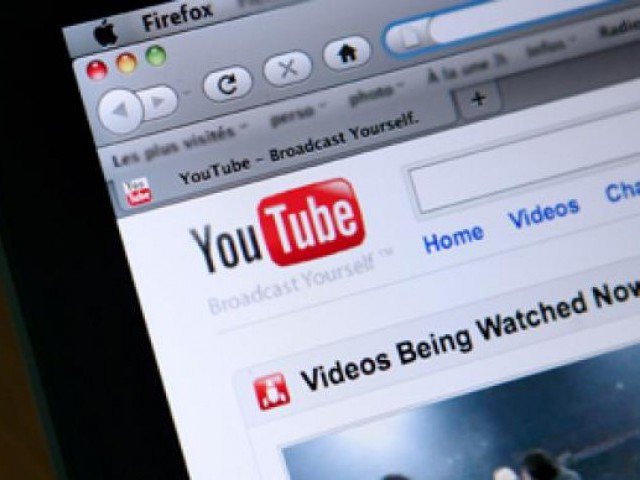
ISLAMABAD/ KARACHI: Three years ago, a clinical psychology student in Hyderabad logged onto YouTube to view lectures relating to his course and fill the gap left by teachers at his institute, but he soon discovered that his access to the material was blocked by a decision made hundreds of miles away in Islamabad over a sacrilegious video.
Today, his only complaint is that the workarounds for that ban make the videos stream slower than they normally would.
“I used YouTube for educational purposes to watch lectures from other universities around the world to fill the gap left by incompetent teachers at my own university,” says Mohammad Abdullah (name changed on student’s request since he is still enrolled in the course).
“The ban has hurt me, because the speed of virtual private networks (VPN) and proxy is not the same as streaming directly so most of the times I could not watch (the videos) and prepare properly.”
Hashir Baig, a technology student at FAST in Lahore, says he is expecting a cheque of around $630 after monetising his account on the video sharing site over the past two months. “From it I am thinking of paying my fees.”
The government had banned YouTube on September 17, 2012, followed by a similar directive from the Supreme Court that the world’s largest video sharing site remain inaccessible till a sacrilegious video is either completely blocked by the Pakistan Telecommunication Authority (PTA) or it is removed from the site by its owners – Google.
But the block’s effect has largely been nullified through the use of workarounds such as VPNs. Search trends on Google show a massive jump in the number of searches for ways to by-pass the ban immediately after it had been imposed. Faisalabad, Sukkur, and Hyderabad were most curious about proxies and ways to unblock the site.
Legal snafu
While people continue to access the site through alternative means, the legal challenge against the ban seems condemned to shuttling between various courtrooms.
Late last year the Lahore High Court passed the case of unblocking YouTube on to the Supreme Court, ruling that the superior court must first clarify why it had ordered the ban. Digital rights group Bytes For All, which had petitioned the LHC over the ban, has approached the Supreme Court for a formal hearing on the matter.
“We are hopeful and determined to continue fighting for fundamental rights which are essential for human life to flourish,” said Bytes For All’s manager for advocacy and outreach Furhan Hussain.
Meanwhile, Barrister Zafarullah Khan had filed a separate petition in the Lahore registry of the apex court in August seeking a reversal of the ban.
Separately, a Senate panel this week suggested implementing legislation to help deal with the ban once and for all. Meanwhile, a senior official of IT ministry said that reopening YouTube hinged on clear-cut SC permission.
Further, the official disclosed that their negotiations with Google on a localised, filtered version of YouTube had so far been unsuccesful.
No one willing to challenge blasphemy
Bytes For All’s programme manager Fahad Desmukh added that while there has been a change in public attitude towards the ban, they are reluctant to openly take any side.
“Some ministers and parliamentarians continue to support the ban, while many — in closed circles — are opposed to the ban, but are unwilling openly to voice opposition.”
He pointed to LHC’s verdict where the court, instead of taking a position on the subject, opted to refer it back to the Supreme Court.
Published in The Express Tribune, September 18th, 2015.















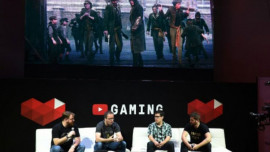
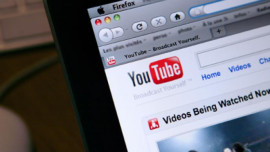


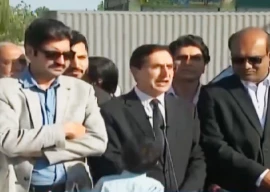
1713281138-0/US-Treasury-Secretary-Janet-Yellen-(2)1713281138-0-270x192.webp)
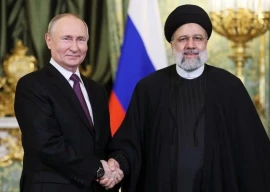
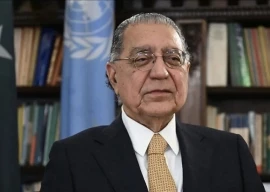





















COMMENTS (5)
Comments are moderated and generally will be posted if they are on-topic and not abusive.
For more information, please see our Comments FAQ